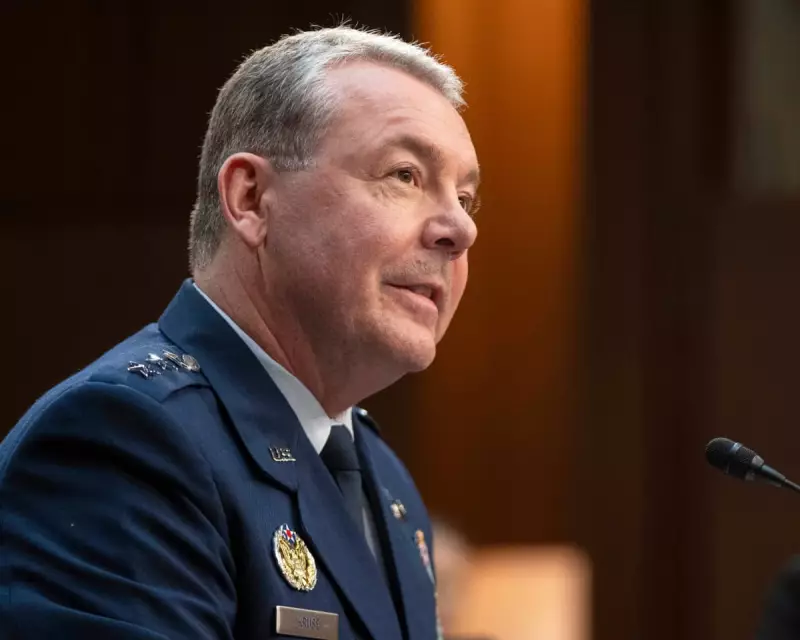
In a dramatic move that has sent shockwaves through the corridors of power, US Defence Secretary Pete Hegseth has abruptly terminated the position of a senior Pentagon official. General Jeffrey Kruse, who served as the defence secretary's own special adviser, was fired in an unprecedented dismissal that highlights the new secretary's uncompromising approach.
The stunning development was confirmed through official correspondence obtained by news outlets. A two-sentence letter from Hegseth to General Kruse stated bluntly: 'I have determined that you have failed to maintain appropriate distance from policy matters. Therefore, I am terminating your employment as my special adviser, effective immediately.'
A Sudden Fall from Grace
General Kruse, who held the position of director of the Defence Intelligence Agency's Defence Intelligence Officer for Military Integration, was considered a respected figure within military circles. His sudden removal comes as a particular shock given he was serving as Hegseth's own special adviser—a position of significant trust and influence.
The dismissal letter, notably brief and lacking in specific details about the alleged misconduct, has sparked intense speculation about what precisely prompted such decisive action. The reference to failing 'to maintain appropriate distance from policy matters' suggests a breach of protocol regarding the traditional separation between military advice and political decision-making.
Political Shockwaves
The move represents one of the most significant personnel actions since Hegseth assumed his role as defence secretary. Political observers note that firing a senior official so abruptly, especially one in such a sensitive advisory position, indicates a major shift in the Pentagon's internal dynamics.
This development comes amid broader tensions between career military officials and political appointees, particularly concerning the proper role of military leadership in policy formulation. The traditional norm of maintaining a clear separation between military expertise and political decision-making appears to be at the heart of this confrontation.
The dismissal has undoubtedly created ripples of concern throughout the defence establishment, with many wondering who might be next in what some are calling a 'purge' of officials deemed insufficiently aligned with the new leadership's vision.
As the dust settles on this explosive development, all eyes will be watching how this power play affects the broader relationship between the US military's professional corps and its political leadership in the coming months.





